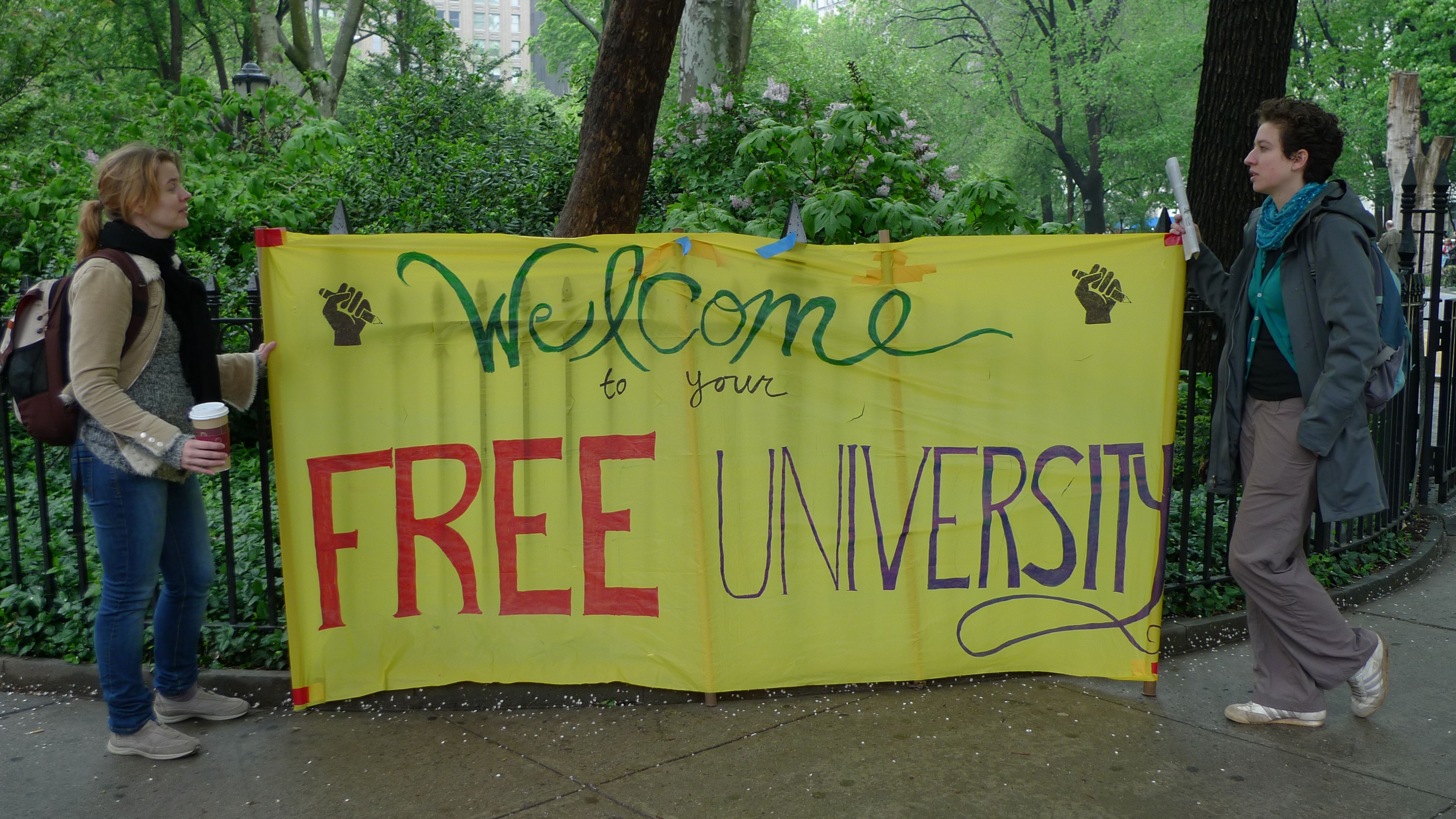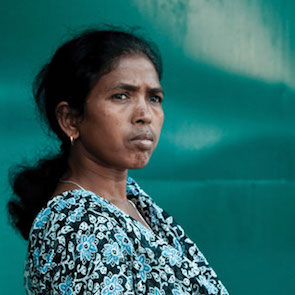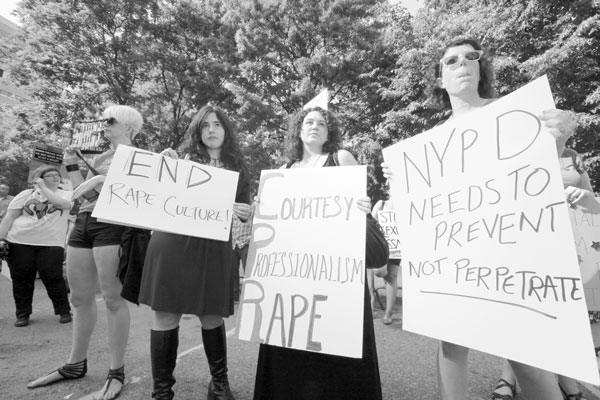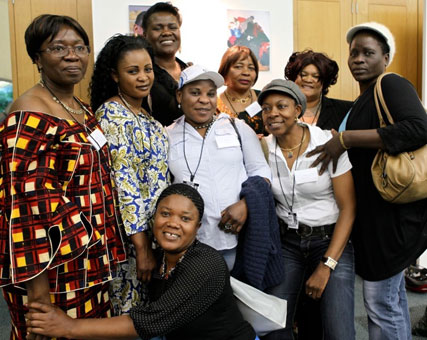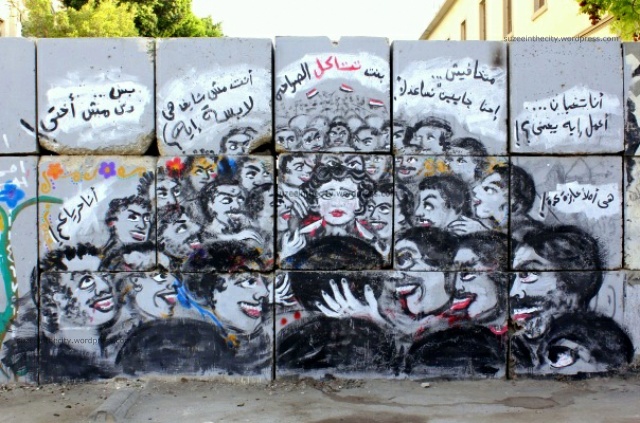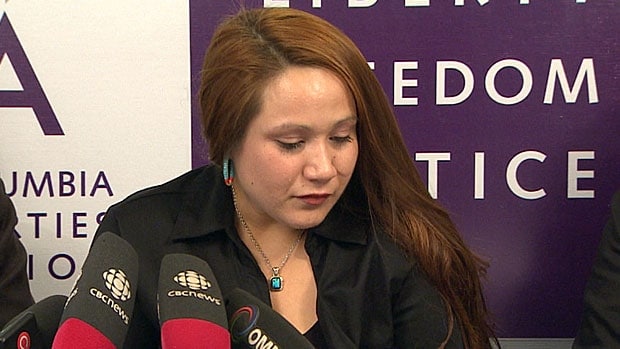Dear Mr. Decent Normal Guy,
For a long time, I’ve been longing to have this talk with you, but was at a loss for the right words. I wanted to ask you stuff in a respectful and cordial manner, a manner that encourages dialogue and open answers. I wanted to be able to trust in the safety of your goodness, to bare my soul and be vulnerable with you without my twitter account being hacked or overwhelmed with cyber aggression. The last thing I want is to attack you, for I need your strength and solidarity more than ever.
Let’s talk about the issue of violence and abuse towards women. I need to ask you certain questions, I need to know where you stand on this.
You are the good husbands, sons and fathers. The men we love, who make us proud. The men we dream of marrying, the heroes we hope our sons will become. You are the breadwinner and the job holder; the decent guy who supports, respects and honors women. The man who pulls his weight at home.
Still my question is about a problem that also concerns you. It concerns the plethoric display of violence, abuse and undiluted misogyny which the “bad guy”, your fellow specimen of the male species, (let’s call him) your evil twin, has been dishing out to women worldwide.
You know, for a long time, I was convinced that you and your brother are not identical at all. It seemed easy enough to tell you both apart. You were as different as night and day.
But today I am not so sure I know who you are. I can no longer blindly vouch for the honor of your convictions. Today, in this age of internet anonymity, the situation has changed. Thanks to the wonders of internet your brother and you now deploy the same avatar. One can no longer tell you apart.
It is hard to say where one brother ends and the other begins. I thought I knew you so well; that I would always recognize you inspite of any given circumstances.
Today I have come to realize that I don’t know you at all. I can’t in all certainty identify what you stand for, it seems you and your brother have morphed into a bizarre siamese entity.
Recently, I saw the Tedxwomen video of Anita Sarkeesian. It was about cyber harassment and misogynism. The magnitude of rape threats, murder threats and other acts of cyber aggression channelled to this woman was staggering. The lengths to which hundreds of men went, to try to make her life hell makes one speechless.
I wonder at the identity of the guys who did this. Are they the same guys as the rapists in the Congo, South Africa and Srebrenica? Of course not. Those are the “bad” guys. Those are the savages. The monstrous, kingless, uninitiated creatures who have never learned that the quality of a true warrior lies in the fact that he is a protector of boundaries and is in service to a purpose greater than himself. These gruesome and pathetic manimals, these wretched creatures enslaved by testosterone and madness. These underachievers, losers who evolution left behind. Surely, these blights on humanity can’t be “our” men, right?
Uhm…. wrong.
I wish the answer was all that easy and concise.
You, the normal men, are the guys who did all that stuff to Ms.Sarkeesian. You, the very same decent guys we are married to, the same guys who call us mom and grandma, the very ones who work in offices beside us and raise our kids together with us. You, the guys we make love to at night, the guys who take out the trash in the morning. You, the normal, decent, savage, good, bad guy. Of course there is no evil twin. You are all of it; he’s all contained in You.
For as far back as history goes, women have been struggling with issues of gender equality. We have fought to obtain every right, every privilege, every square inch of equality that we possess today. It was never handed over freely, it has been an eternal struggle with you.
Granted, you have supported us along the way and without you, the struggle would have been futile. It was you, the decent man, who convinced the other men to open their eyes, to expand their intellect, to hasten their evolution so as to comprehend the urgency of our plight.
Today females all over the world are still victims of grand scale violence and abuse. Today women all over the world are regrouping and fighting back by educating themselves; by empowering one another and externalizing these issues. Women have made this problem a women’s issue and men like you have supported us from the sidelines.
But you know what?
What I miss the most in this whole violence-from-men-against-women-issue; what profoundly breaks my heart, is the absence of the avalanche of outrage from normal men like you. How come this male perpetrated problem is perceived by all as a women’s issue? Why aren’t men rising up in masses, hitting the streets and taking a stand against this horrific misrepresentation of their gender?
Why are decent normal men like you not publicly rising up in multitudes and redefining manhood and saying: “We don’t want to be associated with these monsters!” Why aren’t men teaching their sons, brothers and peers what real manhood is all about?
Why aren’t men volunteering their time en masse, in service to their communities to intensely re-educate and initiate boys into what real, hate-free manhood is all about? Why aren’t the decent men voluntarily spreading the gospel, going to- and speaking up in prisons, educational centers, sport clubs and offices? Where are the male evangelists preaching love and respect of women to their fellow men?
Why do female crisis- and domestic violence centers exist worldwide and not one male-initiated prevention center? Why on earth is this male generated problem still a women’s problem?
We are your mothers and your sisters. Your daughters; for crying out loud! We are in this together, as your only partners on the planet. According to an ancient african proverb, “When the eyes weep, the nose cannot fail to join”. We need you as much as you need us. How can you claim to love us and yet stand at the sidelines, watching your brothers maim and destroy us? Don’t you care about us at all?
Aren’t we worth fighting for?
Until men make this a MALE problem, until you, the decent guy, stops being an accidental tourist, until you step out of the secondary supportive role, into the primary protagonists’ role; unless you take the full responsibility for this culture of violence towards women, I am afraid that all the efforts we women have been making will never be more than that and misogynist inspired violence will never end.
It is alright to try to cure the “symptoms” of an illness: making women self aware and empowered: battered women’s shelters and assertivity classes, pepper spray and self defence lessons; blah, blah, blah. But the crux of the problem, the missing link in this issue sadly remains the absence of primary male involvement and the fact that enough men do not feel enough outrage, shame and compassion to own and prioritize this issue.
Yes I know that even women are violent too, that there are enough cases of women battering men. This too is very wrong. Nevertheless, compared to the magnitude of the atrocities that men have and are perpetrating, these cases are practically non-existent.
I believe that until men wake up with the burning conviction that these acts are an insult to manhood and everything humanity stands for; until most men evolve to a level of compassion where the wellbeing of humanity becomes priority number one; until the unlikely hero, the unobtrusive decent guy, steps into the gaping vacancy and assumes his cataclysmic role in the process, there will never be an end to rape and violence towards women.
